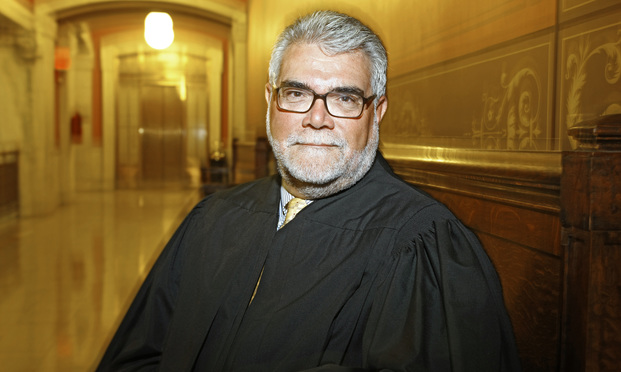The case of Kenneth Zahl v. Hiram Eastland, Jr. et al. (decided by the Appellate Division on October 22, 2020), involves a New Jersey resident who retained a Mississippi lawyer to serve as co-counsel with a New Jersey lawyer in connection with a pending New Jersey federal court suit. The Mississippi lawyer filed a motion in the federal court for admission pro hac vice. After certifying that he was familiar with the federal local rules and the New Jersey Rules of Professional Conduct and that he would comply with the requirements of the same, the federal court granted the motion. In due course, the federal suit was dismissed, and Kenneth Zahl filed a suit in the Superior Court of New Jersey alleging that Hiram Eastland committed legal malpractice and that he had overbilled in connection with what turned out to be the unsuccessful federal lawsuit. Eastland then moved to dismiss the action for lack of personal jurisdiction. The trial judge denied the motion in what Judge Messano, writing for the Appellate Division, described as a “comprehensive written opinion.” The Appellate Division affirmed.
The trial judge had applied the standard that is used under Rule 4:6-2 (e) for determining if a complaint fails to state a claim upon which relief can be granted. The Appellate Division stated that the trial judge had erred in applying that standard but that the balance of the trial judge’s opinion “…evidenced an understanding of the principles governing the exercise of personal jurisdiction.” The Appellate Division referred to prior cases which explained that “‘…it is only the jurisdictional allegations that are relevant, not the sufficiency of the allegations respecting the cause of action.’” (citation omitted).


 Appellate Division Judge Carmen Messano/photo by Carmen Natale/ALM
Appellate Division Judge Carmen Messano/photo by Carmen Natale/ALM




